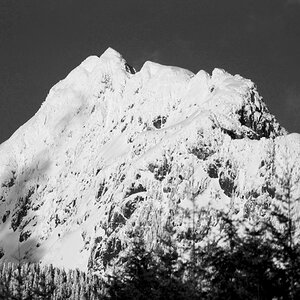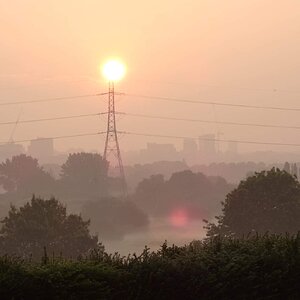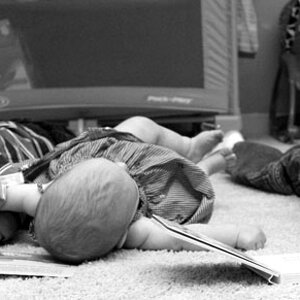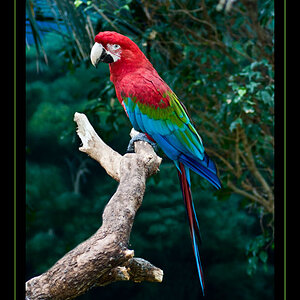Yes, I was considering the 40D, but looking at specs. it doesn’t seem a lot better than the D90 or K20D, besides for 6.5fps. I’ll probably only need 3fps, though that is the bottom line for me.
Also, the K20D is the same price as it body only, but buy the 40D kit lens and the price goes up to $1600. (I’m in Australia…And those aren’t even IS lenses. Whereas if you buy a K20D, you get, while not fantastic, still in built IS. And with a twin Sigma kit, it only costs $1300.
Of course, the D90 is the same price as the 40D, roughly, so… Unsure about that factor, too.
So, advanced cameras have more shutter life? Anyone know which of the cameras can last the longest?
I’m also curious: exactly what ‘more and more advanced’ features include on a higher level DSLR?
Life wise I doubt there's anything to choose between the 3 cameras. I don't know quoted figures but I am sure they're all comparable.
The main things for 'more advanced' pro level kit are Full Frame, higher megapixels and probably more durable build . To get the most out of these of course requires pro glass. You also of course get things like faster 'motor' drive, better live view etc. but some of those are features seen on non-pro kit.


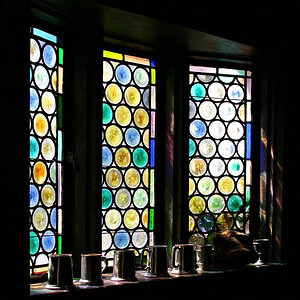
![[No title]](/data/xfmg/thumbnail/35/35274-a05669c6bdd0866f1e5c6f7f8cb93b88.jpg?1619736974)
